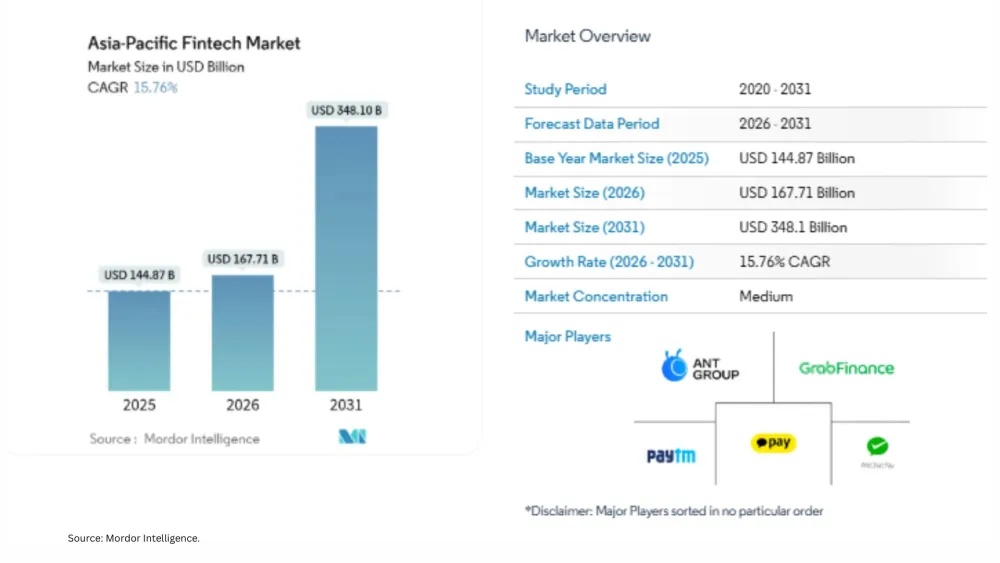
Will the fintech revolution threaten underspending Malaysian lenders?
Alibaba and Tencent, which command significant e-payments market share, could pose a big challenge.
As Malaysia joins the virtual banking race, incumbent banks are expected to reign supreme although retaining the lead will necessitate heavy investments in technology, something they have been pinching pennies on, according to S&P.
Fintech-powered lending businesses are generally able to keep their cost-to-income ratio low, at slightly above 30%, compared with the current 47% cost-to-income ratio for the Malaysian banking sector, data from S&P show.
Also read: Malaysia rides on Asia's virtual banking drive
"We expect the arrival of digital banking will result in service fee cuts and yet more compression to the net interest margin on deposit competition," Rujian Duan, analyst at S&P said in a report.
Net interest margin, a common measure of profitability, has been shrinking across the board in response to weakening global trends, cuts to the policy rate and fierce competition for deposits. Duan expects margins to contract 5-10 basis points by end-2019.
With local tech and telecom groups like Grab and Axiata already commanding significant market share in the e-payments landscape, the digital banking wave will enable them to compete directly with banks in lending and deposit-taking.
With no need to set up branches, virtual banks can deliver the full suite of retail banking services which can range from extending loans, operating savings account, issuing cards and offering payment services through an app or a website.
Also read: Malaysian banks flex digital muscle to catch up with Asian peers
However, S&P observes that the country's top banks have been underspending in tech, which could render the more vulnerable to agile upstarts.
"[I]ncumbent banks will need to invest heavily in technology," Duan said. "The risk is that they may not have the money to support this spending given their earning constraints. This will be especially challenging for small Malaysian lenders, and fintech competition may trigger overdue sector consolidation."
However, banks still hold the upper had especially as they have around three to five years before the threat sets in which they could fruitfully use to re-invent themselves and design coping strategies. Banks could also forge partnerships with fintechs on product design and risk underwriting. "It's a plan for next-stage incumbency, but it's certainly not a guarantee of it."



















 Advertise
Advertise














